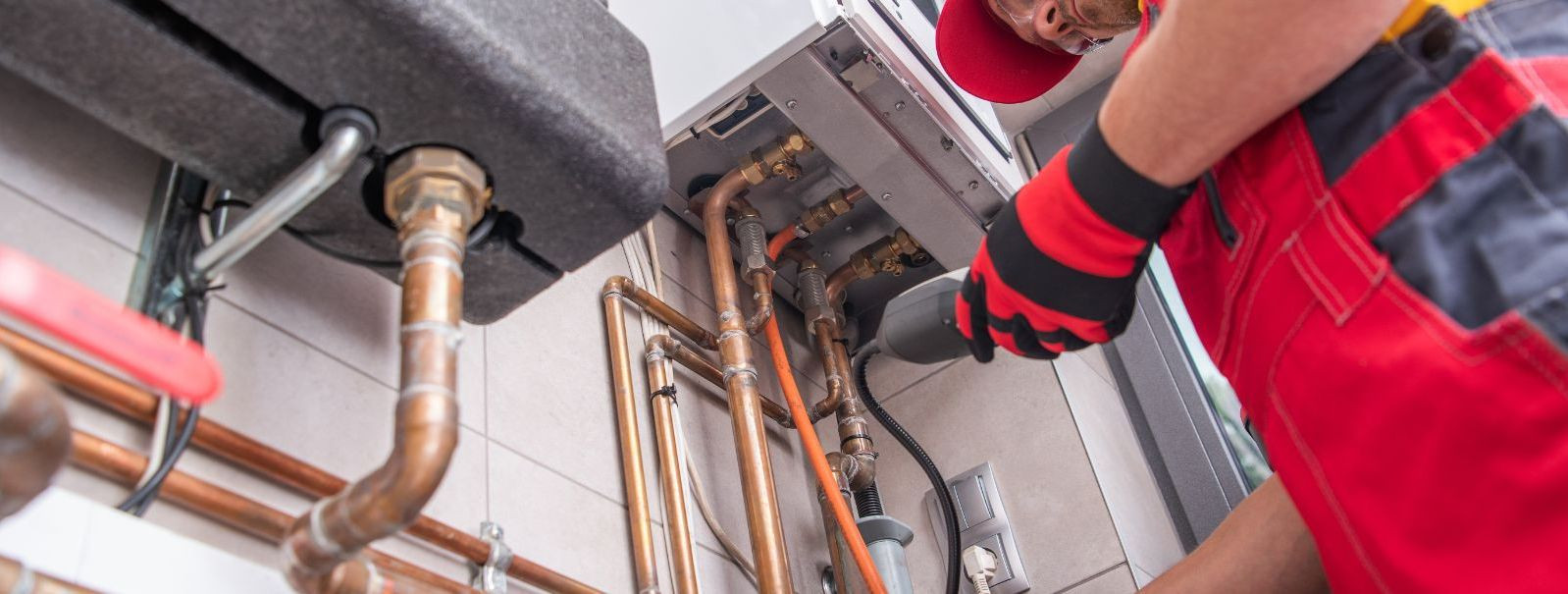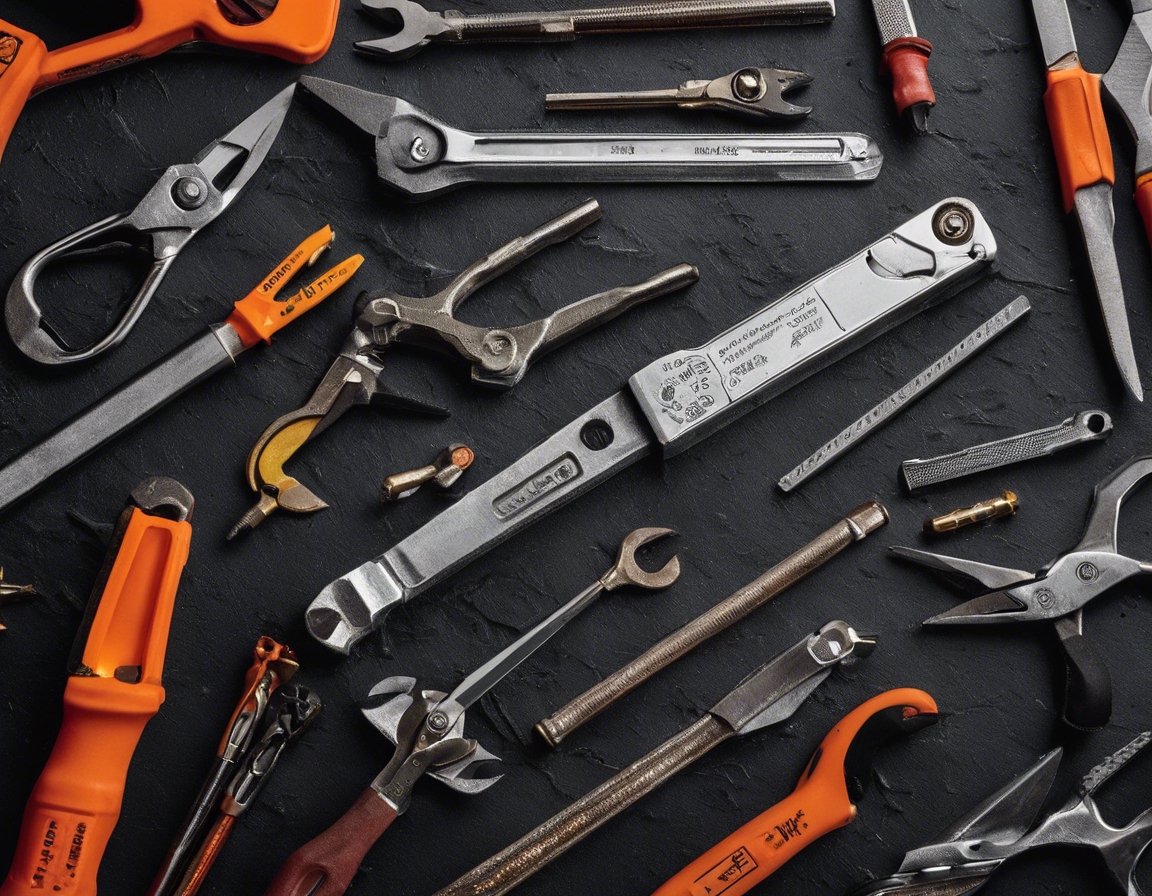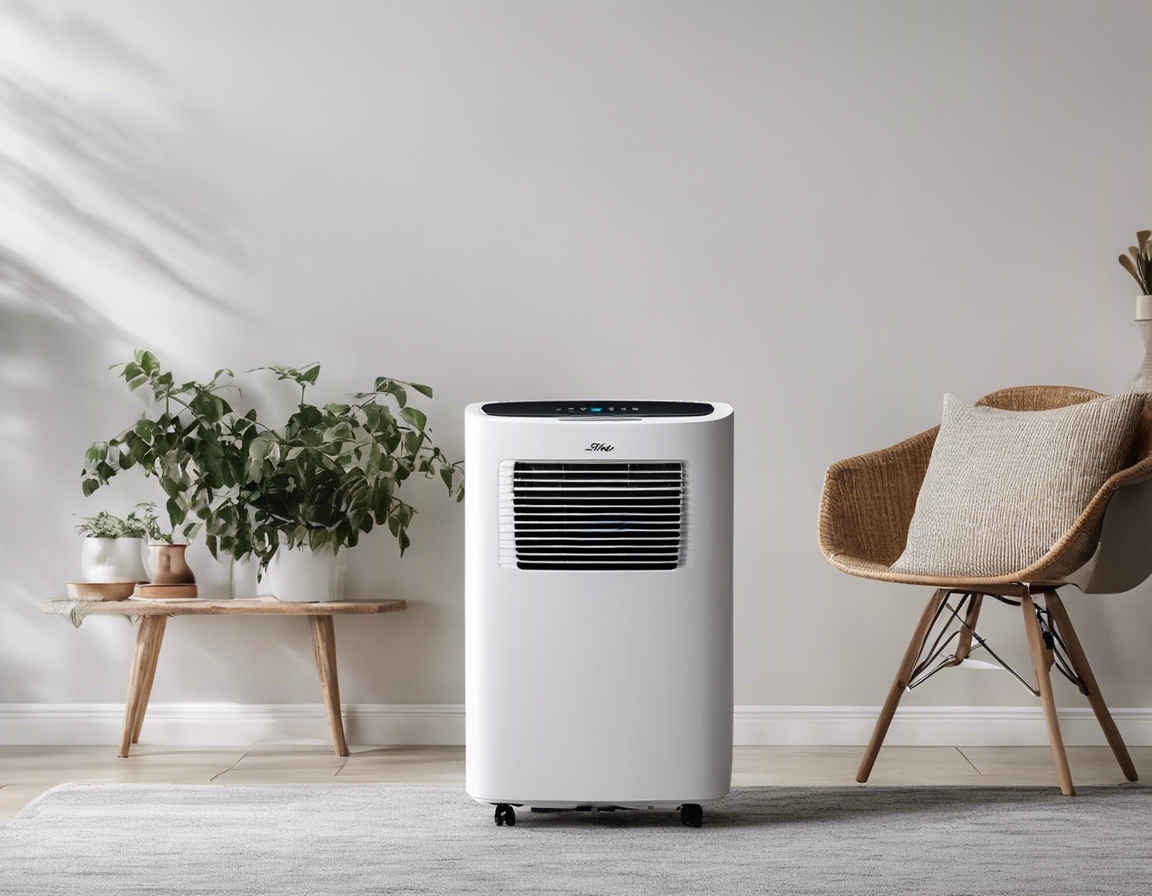Maximizing your heating system's efficiency
Heating systems are a critical component of indoor comfort and safety, especially in regions with colder climates. They come in various forms, including furnaces, boilers, heat pumps, and radiant heating systems, each with its own set of characteristics and efficiency levels.
Maximizing the efficiency of your heating system is not just about saving on energy bills; it's also about reducing your carbon footprint and enhancing the comfort of your indoor environment. An efficient heating system delivers the desired temperature using the least amount of energy, which is both economically and environmentally beneficial.
Strategies for Enhancing Heating Efficiency
One of the most straightforward ways to ensure your heating system operates at peak efficiency is through regular maintenance and tune-ups. This includes cleaning or replacing filters, checking for leaks, and ensuring that all components are functioning correctly.
Smart thermostats can significantly improve your heating system's efficiency by allowing for precise temperature control and the ability to adjust settings remotely. They can also learn your schedule and adjust heating accordingly to reduce energy waste.
Proper insulation and air sealing in your building can prevent heat loss, making it easier for your heating system to maintain a consistent temperature. This means less energy is required to heat your space, leading to improved efficiency.
Older heating systems can be significantly less efficient than modern ones. Upgrading to a high-efficiency heating system can lead to substantial energy savings and a reduction in greenhouse gas emissions.
Energy management systems (EMS) can optimize the performance of your heating system by monitoring energy consumption and adjusting operations for maximum efficiency.
Best Practices for Operating Your Heating System
Setting your thermostat to the optimal temperature for comfort and efficiency can make a significant difference in your energy consumption. The Department of Energy recommends setting your thermostat to 68°F (20°C) during the winter when you're awake and lowering it while you're asleep or away from home.
Zone heating allows you to heat only the areas of your building that are in use, which can lead to energy savings by not heating unused spaces.
Minimizing heat loss through windows, doors, and other openings can enhance your heating system's efficiency. This can be achieved by using thermal curtains, sealing gaps, and installing double-glazed windows.
Understanding the Role of Professional HVAC Services
Professional HVAC services can provide expert assessments of your heating system and recommend tailored solutions to improve efficiency. This could include identifying areas where insulation is lacking or suggesting specific upgrades.
Proper installation and retrofitting of heating systems are crucial for optimal performance. HVAC professionals have the expertise to ensure that systems are installed correctly and retrofitted to meet current standards for efficiency.
Regular support and monitoring by HVAC professionals can help maintain your heating system's efficiency over time. This includes periodic check-ups, repairs, and adjustments as needed to keep the system running smoothly.






Comments (0)